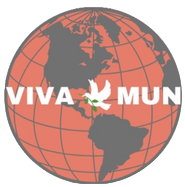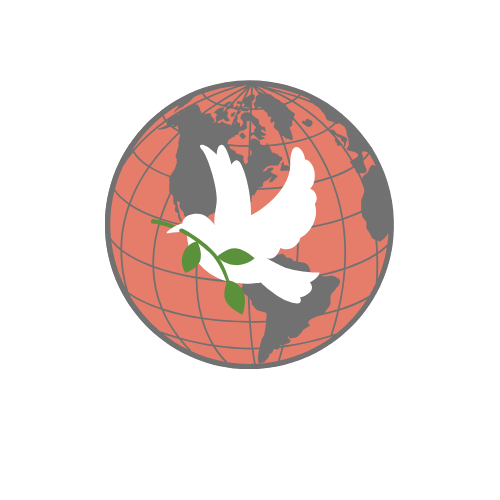
About The IP
In Model United Nations (MUN) simulations, the International Press Corps (IPC) plays a unique and dynamic role that closely mirrors the function of real-world media in global diplomacy. Composed of student delegates acting as journalists, editors, and media correspondents, the IPC covers the proceedings of various MUN committees by reporting debates, publishing news articles, and conducting interviews with key delegates. Though often overlooked, the International Press is an essential part of the MUN ecosystem, ensuring transparency, accountability, and realism.
The primary responsibility of the International Press is to document the proceedings of the conference. Each press delegate is typically assigned to cover a specific committee and is expected to attend sessions, take notes, and publish timely articles. These articles may be factual recaps, opinion pieces, breaking news reports, or satirical columns that reflect both the content and tone of the debates. This journalistic output not only informs other delegates but also shapes public opinion within the simulation, much like the influence of media in actual geopolitics.
Press delegates are also tasked with conducting interviews, either casually in hallways or formally during press conferences. These interviews provide insight into the motives and strategies of key players in the debate, offering the press a way to humanize diplomatic proceedings and highlight behind-the-scenes dynamics. Furthermore, they help hold delegates accountable for their actions and statements, adding a layer of public scrutiny that can influence committee decisions.
A unique aspect of the IPC in MUN is its ability to generate crisis updates and breaking news stories, which can affect the direction of debates. For example, a fabricated breaking news headline such as "Leaked Documents Reveal Secret Arms Deal" can inject new urgency into a disarmament debate, forcing delegates to adapt to the evolving scenario. This interactive element encourages creativity, spontaneity, and quick thinking—valuable skills for both press and committee delegates.
Participation in the IPC develops critical thinking, communication, and writing skills. It also requires press delegates to be well-versed in international relations, the committee topics, and the viewpoints of various countries. As a result, it fosters research, analysis, and objectivity. The press team often collaborates to produce newsletters, magazines, or digital blogs, contributing to the overall professional ambiance of the MUN conference.
In conclusion, the International Press in MUN is much more than a side role—it is a powerful entity that brings the spirit of journalism into the heart of diplomatic simulations. It fosters transparency, adds narrative depth, and enhances the intellectual rigor of the conference. Through their storytelling, press delegates transform committee proceedings into compelling narratives that reflect the complexity and urgency of international diplomacy.

